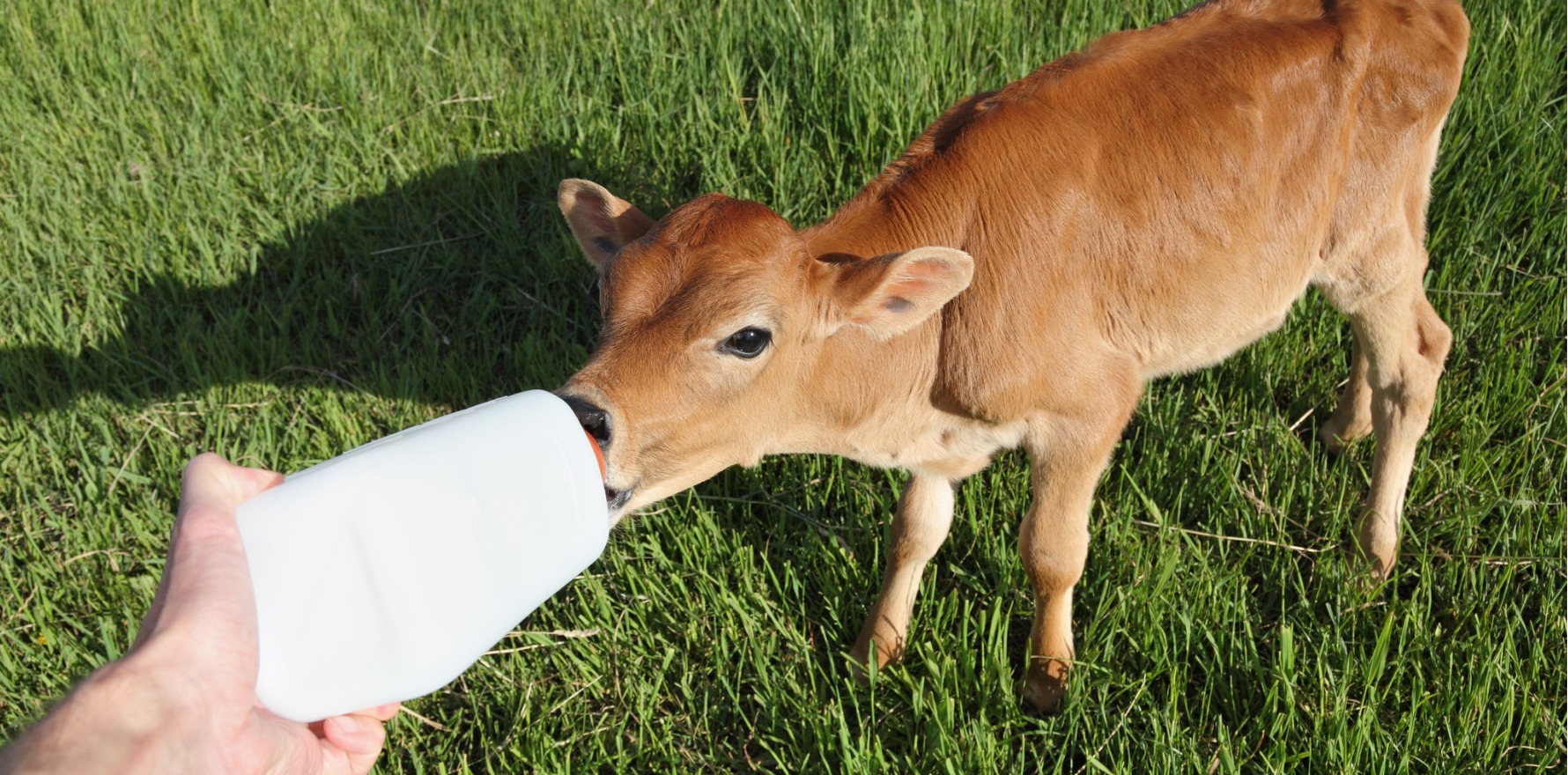Unnecessary prescribing of infant formula for allergies may promote dental decay and obesity.
Nine out of 10 prescriptions for specialised cow’s milk allergy infant formulas are unnecessary, a new study reports, and may be promoting obesity and dental decay.
Prescriptions have more than doubled in Australia, England and Norway since 2000, according to a paper published in Clinical & Experimental Allergy, an increase that suggests overdiagnosis of milk allergy.
“While specialised formula is reasonably well tolerated by most infants, and supports infant nutrition and growth, there are significant differences from standard cow’s milk-based infant formula or human breastmilk,” the authors write.
“In specialised formula products, the lactose naturally present in breastmilk or cow’s milk is partially or completely replaced by alternative carbohydrate sources, often free sugars such as glucose or sucrose.
“High free sugars intake is an important risk factor for obesity and dental decay, and a major public health issue.”
The research looked at prescription trends in specialised formula for cow’s milk allergy though cross-sectional analysis of the national prescription databases in the three countries.
The baseline for expected volumes assumed 1% cow’s milk allergy incidence and similar formula feeding rates between infants with and without milk allergy.
Prescribed volumes of specialised formula for infants rose 3.2-fold in Australia from 2001-12, 2.2-fold in Norway from 2009 to 2020, and 2.8-fold in England from 2007-18, with similar trends in other regions of the United Kingdom.
In Australia in 2012, on the advice of the PBAC, the DoH changed the restrictions for prescribing AAFs for cow’s milk allergy and cow’s milk protein enteropathy, in a bid to curb the exponential increase in prescriptions, which appeared to be far greater than can be explained by any increase in cow’s milk allergy or intolerance.
While this has brought results in Australia down compared to England and Norway, the rates remain higher than the baseline, the researchers reported.
In 2020, total volumes were 3.3- to 4.5-fold greater than expected in Australia, 9.7- to 12.6-fold greater than expected in England, and 8.3- to 15.6-fold greater than expected in Norway.
In 2020, 30%-50% of prescribed specialized formula across the three countries was AAF.
Study co-author and University of Sydney Professor Dianne Campbell, who heads Paediatric Allergy Research at the Children’s Hospital Westmead, told The Medical Republic that while Australian prescribing rates were lower in comparison with Norway and England, they were still higher than necessary. Even if the assumed rate of 1% for confirmed cow’s milk allergy had increased slightly, it did not correlate with the increase in prescribing.
“We know that people prescribe these expensive formulas for reasons other than cow’s milk allergy, which is the whole reason the guidelines were tightened up in 2012,” Professor Campbell said.
“It made some impact, but I think there’s still over prescription.”
She conceded there was often “huge pressure” from parents to prescribe the formulas and doctors wanted to do the right thing.
“Sometimes there are babies with very nonspecific symptoms that are not really typical of true cow’s milk allergy,” she said.
“There’s always a temptation to fix it rather than say, that’s possibly just normal baby behaviour.”
She said babies often just naturally resolved unsettled behaviour or colic but sometimes it looked like a change of the formula had made the difference.
“But it’s really just been time,” Professor Campbell said.
“It’s human nature to try and solve a problem rather than just say, look, it’s probably okay. Just give it time.”
Professor Campbell said the cost of these formulas also needed to be taken into consideration.
While they are made available on a special authority prescription with a clinical diagnosis, and will cost the standard $42.50 general patient charge, the cost to the taxpayer is about $1000.
There were also the potential health risks, she said.
“They’re definitely a great formula if you have the right indication, but they do have things about them that are different, that are even less like breast milk,” she said.
“So the further away you get from a formula that’s like breast milk, the more potential unintended consequences you have.”
These are related to the different kinds of sugars used in specialised formulas, she said.
“If you really need them you’re going to take that risk over the overall benefits because you need it – but if you don’t need it, why have it? It’s costly and can have unintended consequences that are not necessarily a good risk,” Professor Campbell said.
The message to clinicians was simple.
“Think twice,” she said. “Are you sure that you are really prescribing to the indication and is this specialised formula really necessary for this infant? And are the benefits worth the risks.”


